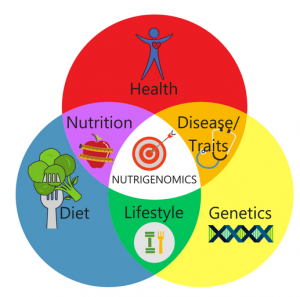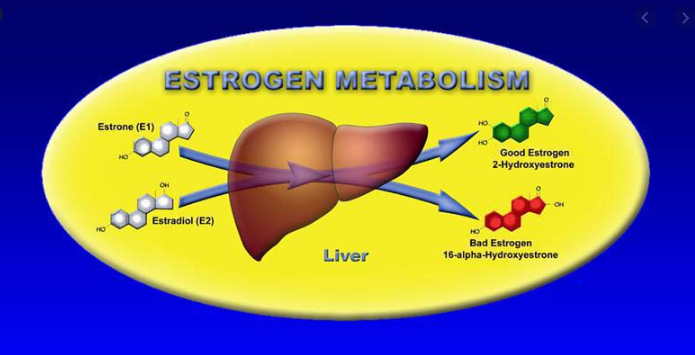Breast Health and the Importance of Estrogen Detoxification
Breast health is a concern that most women will think or worry about at some point in their lives. Perhaps you, or someone you know are a breast cancer survivor or you may be hearing about this often in the media.
October is Breast Cancer Awareness Month and I wanted to share with you some valuable information about breast health and prevention.
Because research shows that how you metabolize estrogen can increase your risk, it is important to focus on estrogen
detoxification which occurs in the liver.
At what age and who needs to be concerned about estrogen elimination?
Many women believe that after menopause they aren’t making estrogen anymore which is not accurate.
Before menopause, estrogen is produced in several places in the body, including the ovaries, adrenal glands, and produced from testosterone by the enzyme aromatase in fat cells. After your ovaries have been removed or you have gone through menopause, estrogen is still being produced, in low but measurable amounts, by these other tissues.
So why do some women end up with breast cancer and others do not? The science shows that all estrogens are not the same, and these differences can be influenced by genetics, nutrition environmental and other factors.
When estrogen is processed for elimination, the hormones are sent to the liver where they are metabolized. During this process, you can end up with “bad” or “good” estrogens. The bad ones are considered “toxic” because they are very strong stimulators of estrogen receptors and can damage DNA, as opposed to the “good” estrogen metabolites that are weaker estrogens and not harmful to cells.
DNA Health and Wellness Genetic Assessment
Although our genetics are involved in the processing of both kinds of estrogens (good and bad) the science of Epigenetics and Nutrigenomics is demonstrating how nutrition and lifestyle factors have a direct link to many of these health concerns.

As a nutritionist, I have seen great results and positive changes through the power of food as fuel and I work with many individuals in this area of health.
The second avenue that I am excited to introduce is a DNA health and wellness genetic assessment. This can be done by a simple saliva sample which can help to identify and understand your genetic profile and its implications for health and lifestyle. Following a review of your genetic profile and results, I will make specific recommendations regarding nutrition and lifestyle, related to your genetic predispositions.
If you wish to learn more or have any questions about this health and wellness genetic assessment please contact me today!






